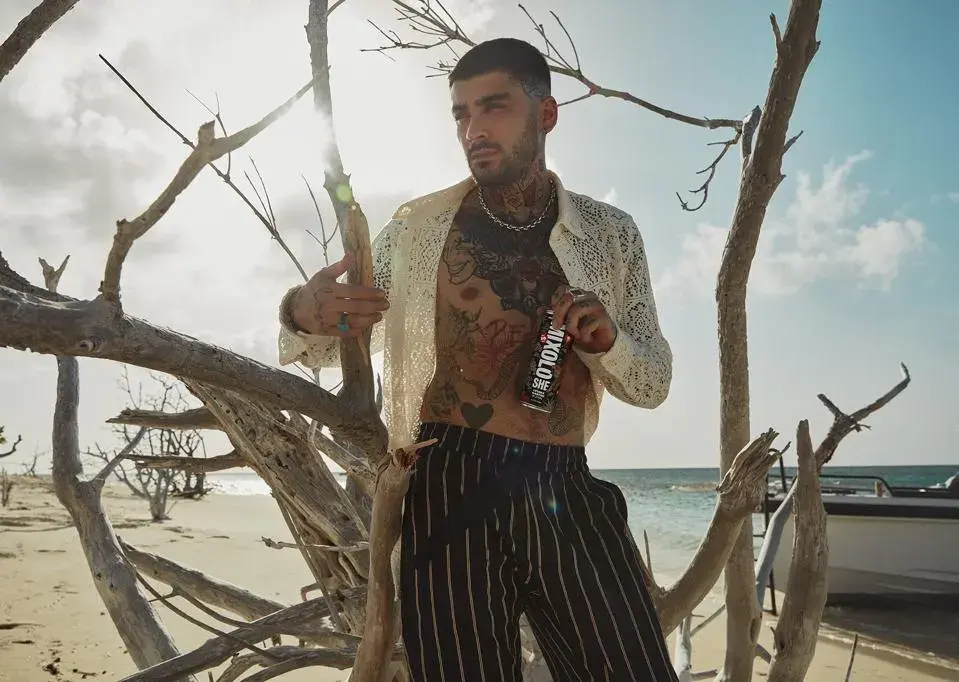What happens to your body, mind and brain when you give up alcohol?
- Trish Silverman

- Jan 16, 2023
- 4 min read
Alcohol can affect the brain, body, and mental wellbeing, so if you decide to give it up, you can expect to experience changes to these aspects of your health, writes Geraldine Walsh

Geraldine Walsh - Irish Examiner | January 16, 2023
Have you kicked off the new year with a resolution to stop drinking alcohol? There is an assumption that a person’s body and mind will see a quick turnaround when they limit or completely curb their alcohol intake but Dr. Christina Mulvany, a GP with Webdoctor.ie, says this strongly depends on how much alcohol the person is typically drinking.
Alcohol affects our brains, our bodies, our mental wellbeing, and how we interact with the world around us. With more and more people becoming sober curious or re-evaluating their drinking behaviors and alcohol choices, the changes they experience when they put the glass down for a period of time or for good, may be unexpected. So, what happens to our bodies and minds when we quit alcohol?
Withdrawal symptoms
In the beginning, these changes will likely consist of mood changes and alcohol cravings but the longer a person goes without alcohol, the more significant the differences.
“The recommended weekly low-risk alcohol guides are less than 11 standard drinks for women, and 17 standard drinks for men, spread over three or more days, with at least two alcohol-free days,” she says. “Initially, if a person is taking alcohol regularly in moderate to large amounts, they may notice alcohol cravings, reduced energy, feeling low, and even depression. If they are taking relatively large amounts of alcohol regularly, they may even experience severe withdrawal symptoms, such as dangerously raised heart rate, increased blood pressure, and possible seizures.”
Dr. Mulvany emphasizes that anyone who is a heavy or dependent drinker should always seek medical support and advice before they quit drinking, due to the potentially dangerous (even potentially fatal) impacts of going “cold turkey” without the right monitoring.
“However, on that note,” she says, “no one should be scared of giving up drinking due to this. The right help is out there, you just need to ask. The benefits in the long term are worth it. For most people, withdrawal symptoms will begin to recede within 48 to 72 hours of quitting alcohol.”
What happens to our bodies?
After the first week of quitting alcohol, the withdrawal symptoms are likely to cease, and sleep will improve. Your body begins to repair itself. By two weeks, there may be some weight loss as the empty calories of alcohol are no longer consumed. And incredibly, after those two weeks, a liver that shows signs of fatty deposits will show signs of improving and healing.
“By three to four weeks,” says Dr. Mulvany, “blood pressure and the level of fat will start to reduce to healthier levels. Also, your sleep routine, dietary intake, and overall hydration should continue to improve as well.” One drinking session can limit your body’s defenses for 24 hours, but by the one-month mark, not only will your skin show significant signs of improvement, but your immune system will be stronger and able to resist even common illnesses. By three months, you will notice improved energy and an improved sense of general wellbeing.
“In the long run, you will reduce your chances of several types of cancers,” says Dr. Mulvany, “including in the oesophagus, mouth, throat, and breast. You will also reduce your risk of other health issues, such as heart disease, stroke, diabetes, liver disease, and serious trauma.”

What happens to our minds?
“Alcohol use overloads our brains with dopamine and also reduces the brain’s dopamine receptors,” says Dr. Mulvany. “Dopamine is responsible for allowing us to feel pleasure, satisfaction, and motivation.” Depression is a common symptom of quitting or limiting alcohol intake as when you first ease up on drinking, the lack of dopamine can lead to feelings of sadness and hopelessness. Dr Mulvany is encouraging as she says that, over time, your brain will normalize its dopamine levels.
“You will also find that rational decision-making and impulse control will start to return,” she says. “Early recovery can involve struggling with mood and overall mental wellness, but as your body and brain begin to heal, you will experience renewed motivation towards health habits in your life. You will be able to take up new activities that boost your mood and stimulate cell growth in the brain, such as daily exercise, improved diet, and a sense of heightened motivation towards positive goals.”
While these early low moods can be difficult, but possible, to get through, it is worth noting that while the short-term effect of drinking alcohol can boost serotonin, the happy hormone that increases feelings of happiness and wellbeing, over time, long-term drinking can diminish serotonin production leading to a significant chance of depression.
“Once you quit drinking, serotonin production can also eventually return to normal,” says Dr. Mulvany. “By eliminating alcohol, you will start to better understand your mental health and determine what it is you need to feel your best, be it exercise, better diet, better relationships, counseling, medication, or mindfulness.”
What happens to our brains?
“Once you quit drinking, serotonin production can also eventually return to normal,” says Dr. Mulvany. “By eliminating alcohol, you will start to better understand your mental health and determine what it is you need to feel your best, be it exercise, better diet, better relationships, counseling, medication, or mindfulness.”







Comments